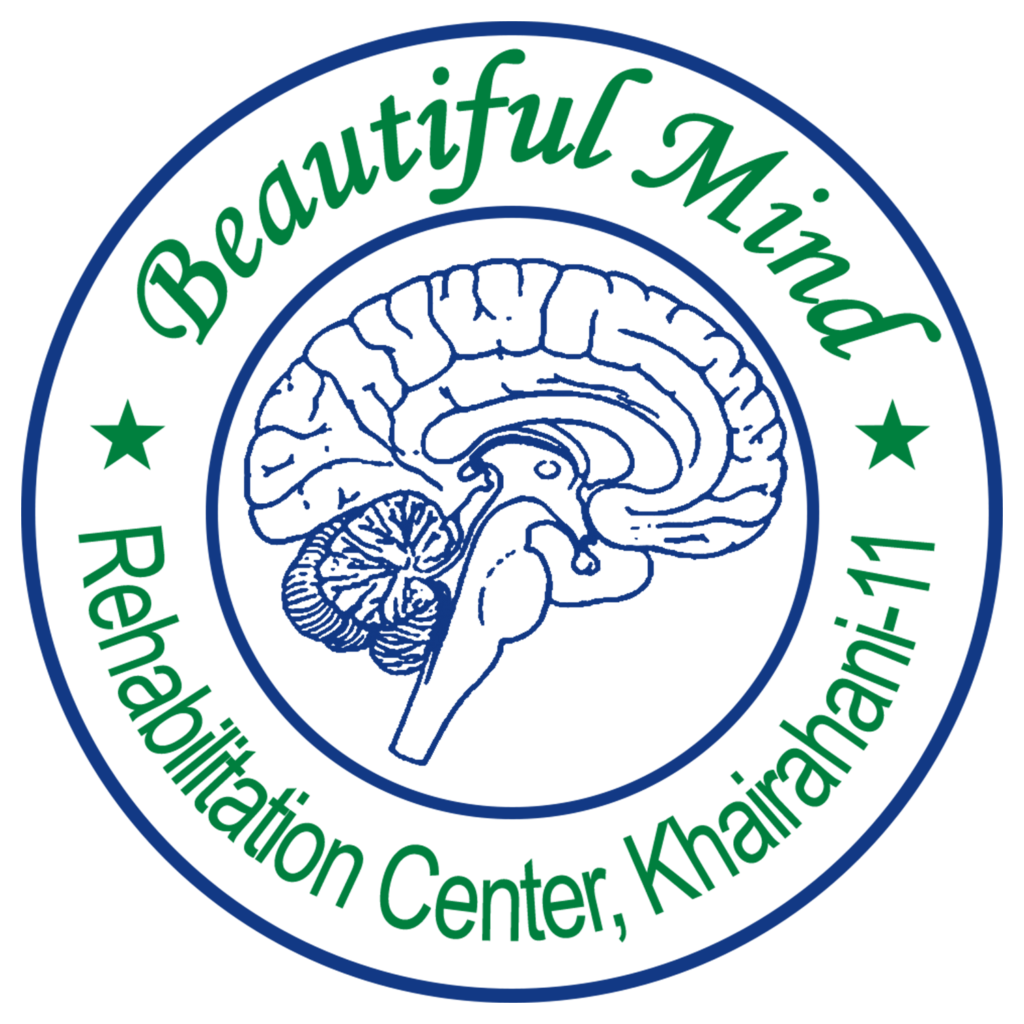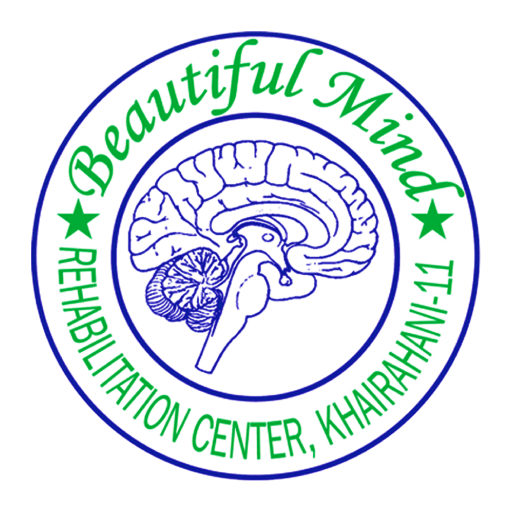The 2015 earthquake in Nepal, which struck on April 25 and measured 7.8 on the Richter scale, left a lasting legacy of destruction that reshaped the physical landscape and significantly impacted the mental health of its survivors. Nearly a decade later, as the country continues to recover, the psychological effects of this disaster remain relevant, influencing the lives of individuals and communities across Nepal.
Lingering Trauma and Mental Health Issues
In the years following the earthquake, many survivors have struggled with ongoing mental health issues such as post-traumatic stress disorder (PTSD), anxiety, and depression. While immediate relief efforts provided crucial support, the long-term psychological ramifications have often been overlooked. Research indicates that PTSD rates among survivors remain significant, particularly among vulnerable groups like women, children, and the elderly.
Children exposed to the earthquake have shown ongoing behavioral and emotional challenges. Many continue to experience anxiety, academic difficulties, and social withdrawal. The trauma associated with the earthquake has had a ripple effect, impacting their overall development and well-being. As schools reopen and communities stabilize, addressing the mental health needs of young people is critical to fostering resilience and future success.
Impact on Community Cohesion
The earthquake not only affected individuals but also disrupted the social fabric of communities. Traditional support systems, which often play a vital role in coping with trauma, were weakened as many families lost their homes and communal spaces. The resulting displacement led to a breakdown in community cohesion, leaving many individuals feeling isolated and disconnected.
In today’s context, the ongoing challenges of rebuilding have prompted a renewed focus on community-based mental health initiatives. Grassroots organizations and NGOs are increasingly implementing programs designed to strengthen social ties and provide psychosocial support. These initiatives recognize that community resilience is essential for recovery, helping individuals come together to share experiences and foster a sense of belonging.
Contemporary Coping Mechanisms
As survivors navigate their post-earthquake reality, many have developed new coping mechanisms that reflect the current socio-cultural context. Traditional practices, such as community gatherings and cultural rituals, have been revitalized to aid in healing. These practices not only provide emotional support but also reinforce cultural identity, offering a sense of continuity amid change.
Digital technology has also emerged as a tool for recovery. Social media platforms and online support groups have provided spaces for individuals to share their stories and seek help. This shift towards virtual connection has been particularly beneficial for younger generations, allowing them to engage with peers and access mental health resources that may not be available in their immediate surroundings.
Economic Struggles and Mental Health
The economic impact of the earthquake continues to affect mental health in contemporary Nepal. Many survivors have faced prolonged financial instability, which exacerbates feelings of anxiety and hopelessness. The slow pace of reconstruction and ongoing natural disasters further complicate recovery efforts, making it challenging for individuals to regain a sense of security.
In response to these economic pressures, mental health organizations have begun to integrate economic empowerment initiatives into their programs. By providing vocational training and financial literacy workshops, these programs aim to alleviate some of the stress associated with economic instability while promoting mental well-being. This holistic approach recognizes the interconnectedness of mental health and economic security, underscoring the importance of comprehensive recovery strategies.
The Role of Government and Policy
As Nepal continues to confront the psychological aftermath of the 2015 earthquake, there is an increasing recognition of the need for systemic change in mental health policy. The government, along with international organizations, is beginning to prioritize mental health as a critical component of disaster response and recovery. Initiatives aimed at training mental health professionals, raising awareness about mental health issues, and integrating mental health services into primary care are essential steps toward fostering a more resilient society.
Despite these advancements, significant challenges remain. Stigma surrounding mental health persists in many communities, hindering individuals from seeking help. Continued advocacy and education are crucial to changing perceptions and promoting a culture of acceptance and support.
Conclusion
The psychological effects of the 2015 earthquake in Nepal continue to shape the lives of many survivors today. As the country progresses toward recovery, it is vital to address the ongoing mental health needs of individuals and communities. By fostering community cohesion, utilizing contemporary coping mechanisms, and integrating mental health into broader recovery efforts, Nepal can build a foundation for resilience that honors the experiences of those affected by this devastating event. Through collective action and ongoing support, the journey toward healing and renewal can continue, paving the way for a healthier, more resilient future.

